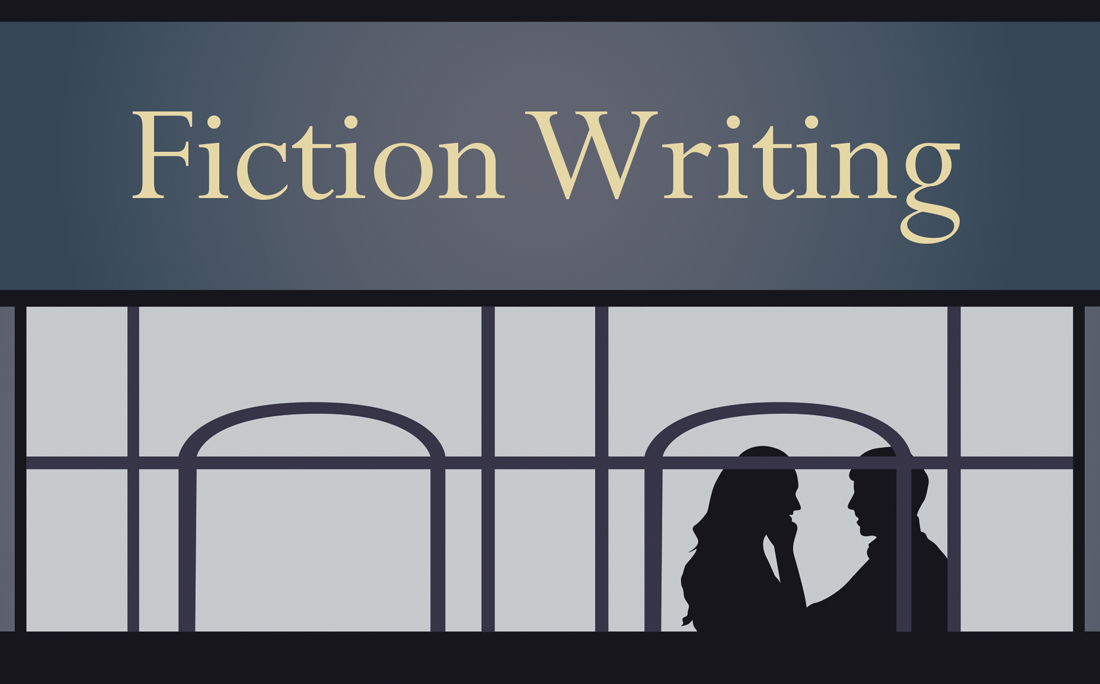Like I once did, you must have figured out that you want to study in the UK. That is great! But here comes the next question… where do you want to study? If you know what you want to study that’s a good point to start. Every year The Guardian publishes a new university guide league table for a lot of subjects. When I started looking for universities that offer Creative Writing I found a lot of good universities in this list. It is likely that you will be able to find a similar list for your subject of interest. Click here for the University guide 2015 subject tables. If you click on universities names you will see which courses they offer. However, new courses might not show up so be sure to check the site of the actual university too.
I made sure to check out a few certain things when I started looking for universities. For me, things of importance were the fees, possible grants, the prices of accommodation, entry requirements, and available sports at the university. I considered several different universities and made a table for all of them.

Course content
I didn’t specifically include it in my table, but it’s important to be aware that courses can have a different underlying focus depending on which university you’re enrolling at. Courses of different universities may carry the same name, but courses often have a different content. I did slightly mention it in the table above in the ‘special’ column. Bangor was the only university that mentioned Young Adult modules in its second year. Also, note how this degree is an English Literature and Creative Writing BA. There is a difference between English Literature with Creative Writing degrees and it’s also possible to study English Literature or Creative Writing alone.
Tuition fees
Generally in the UK, tuition fees are £9.000 a year. Tuition fees are equal if you are a European student and like UK-nationals EU-nationals are eligible for a loan. However, if you are from neither the UK or Europe the same tuition fee and loan do not apply. In the UK, you can study in either England, Wales, Northern Ireland or Scotland. In each country, tuition fees can vary greatly for European students.

Prices of accommodation
Depending on the area of your university, costs for accommodation differ. The lowest price I could find was £60 a week for a small standard twin room, but other universities offered the same kind of room for £100 a week. Some universities offer twin rooms and others don’t. For a higher price, you might be able to get a studio apartment and in some cases students can choose to take catering. You should check what’s included in the accommodation fees but in general energy charges (heating, water, electricity, and lighting), a personal contents insurance and WI-FI is included.
Entry requirements
Entry requirements will depend on which country you’re from as well as on the university that you’re applying to. A german friend of mine needs better grades than I do in order to get into Aberystwyth, but I need better grades whereas hers are good enough in order to get into Bangor. Universities are not very consistent and even if you do not have the right certificate they could still consider your application.
English language requirements
If English is not your first language you will be asked to prove your English competence. There are a few different international tests that you can take in order to prove that your English is good enough. IELTS & TOEFL are the two most accepted English language tests worldwide. IELTS uses British English and TOEFL uses American English. The score that you need will depend, once again, on the university that you’re applying to but also on the department of your studies. For example, Aberystwyth requires international students to score a 6.0 but you need a score of 7.0 if you want to study Creative Writing.
Available sports
Some universities have 70 different sports clubs and others only 30. Once more, it will depend on each university what sports are available. Likewise, some universities will offer sports for free and others won’t.
Other things you might want to take into consideration:
– Location (scenery, town, etc.)
– Overall academic reputation
– Graduate employment rates
– The learning and assessment style
– Available scholarships
If you have any question, shoot and I’ll try to help you as best as I can.

Posts in preparation for University:
Packing for University
The struggle of proving my identity!
Study in the UK | Find your university!
What I wish I’d known before starting University (Series by Imogen)
Posts about what University was like in my first year:
Acitivies week and exploring
Nadolig Llawen! Merry Christmas!
My struggle at University
What freshers week was like
WE WON SUPERTEAMS!
Living in university accommodation
Summer Ball 2016
Goodbyes are not forever goodbye’s
Posts about what University was like in my second year:
Drinking Alcohol or not?
Is it racist to dress up as a dementor?
To belong or not; Anxiety
Writing and Mental health
I’m not as good at that person | Pressure at university
15 British Peculiarities
Posts about what University was like in my third year:
DOWN IT!
In between places
Everything changes | End of University
Why I would choose Aberystwyth again
I’m graduating from University!
The benefits of attending graduation



